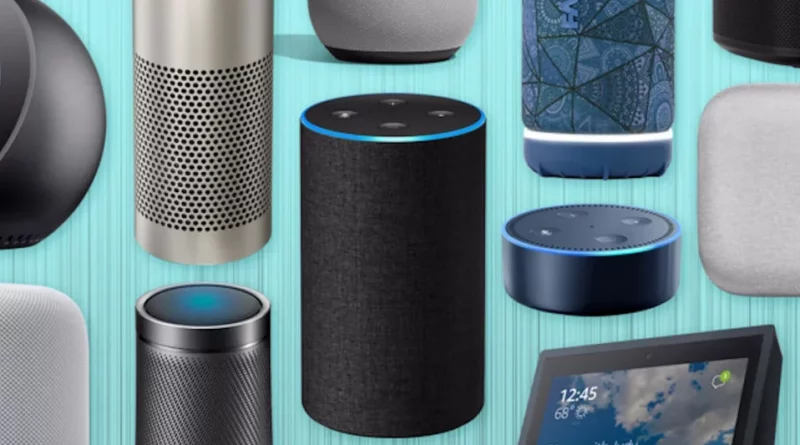Digital Devices May Be Improving Your Memory
[Please note that this page contains affiliate links. If you choose to purchase after clicking a link, I may receive a commission at no extra cost to you.]
A recent study has discovered that storing vital information on a digital device helps free the mind to remember less essential details — that would otherwise be crowded out by the more important info.
The study suggests that technology may improve people’s memories, contrary to the popular belief that our tech is giving us “digital dementia.”
What is Digital Dementia?
If you need to remember something important, you will probably save it on your smartphone. Something people didn’t have just two decades ago, which means we needed to remember a lot more info.
Some scientists warn that this extensive outsourcing of memory to technology is the cause of an epidemic of digital dementia because we are not using our memories as often. As a result, we are quickly losing the skill and experiencing a cognitive decline.
Brain Function Loss
If these experts are correct, it may mean that people should reconsider how they and their children should use these devices. Although current research hasn’t proven yet that this phenomenon of digital dementia exists.
“The relationships between behaviours and brain function are related to [tech] use is still in development,” Marc Potenza, a psychiatry professor at the Yale School of Medicine, told Discover Magazine.
“Bigger studies are going to be much more helpful in understanding more details concerning how certain patterns and types of internet use could be influencing people and influencing them at a brain-behaviour level,” he said.
Digital Device Storing Memory
At the University College London (UCL), scientists have published a study that showed that storing info in devices might help improve our memory skills — which contradicts this concept of digital dementia.
Storing some of your information digitally can even help you retain things you did not keep.
The Digital Device Memory Study
The study consisted of 158 adult participants who were shown up to 12 numbers circled on a touchscreen. They were told to remember to move specific numbers to the left well others went to the right.
Volunteers were given money for every correct move they made during this experiment, and numbers on one of the sides were labelled “high value,” which means they received more money for getting those numbers correct.
Each volunteer would complete this task 16 times. Throughout half of the tries, participants were allowed to set up reminders on their digital devices, but they were forced to rely only on their memories for other rounds.
Predictably, participants tended to set these reminders for the high-value numbers, increasing their capacity to remember the numbers by 18%. Although, volunteers did get better at recalling the lower-value numbers, by up to 27% — even during times they didn’t set any reminders.
According to UCL, volunteers freed up their capacity for memory for the less vital data by storing the most important information on the digital device.
The study also confirmed one possible downfall of our reliance on technology: When these reminders were removed from the volunteers, they recalled the low-value circles over the high-value ones.


